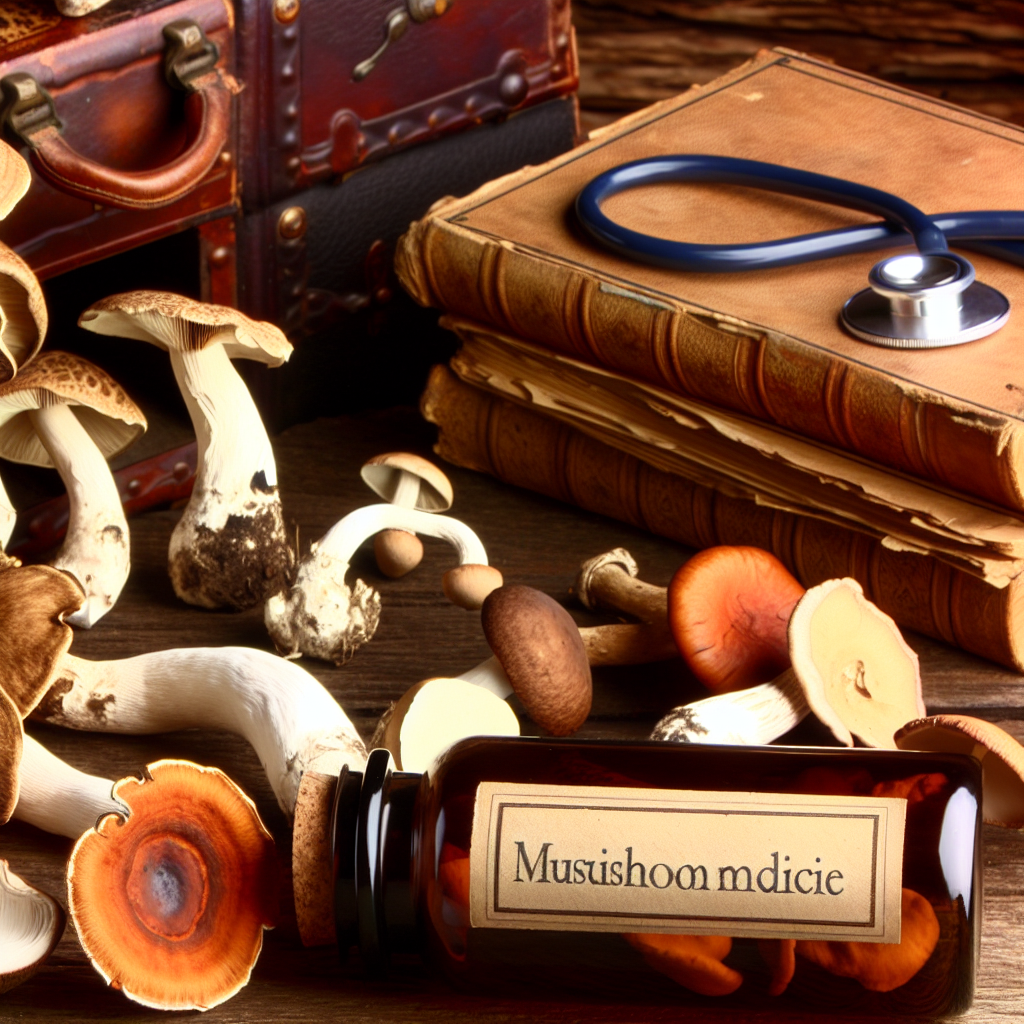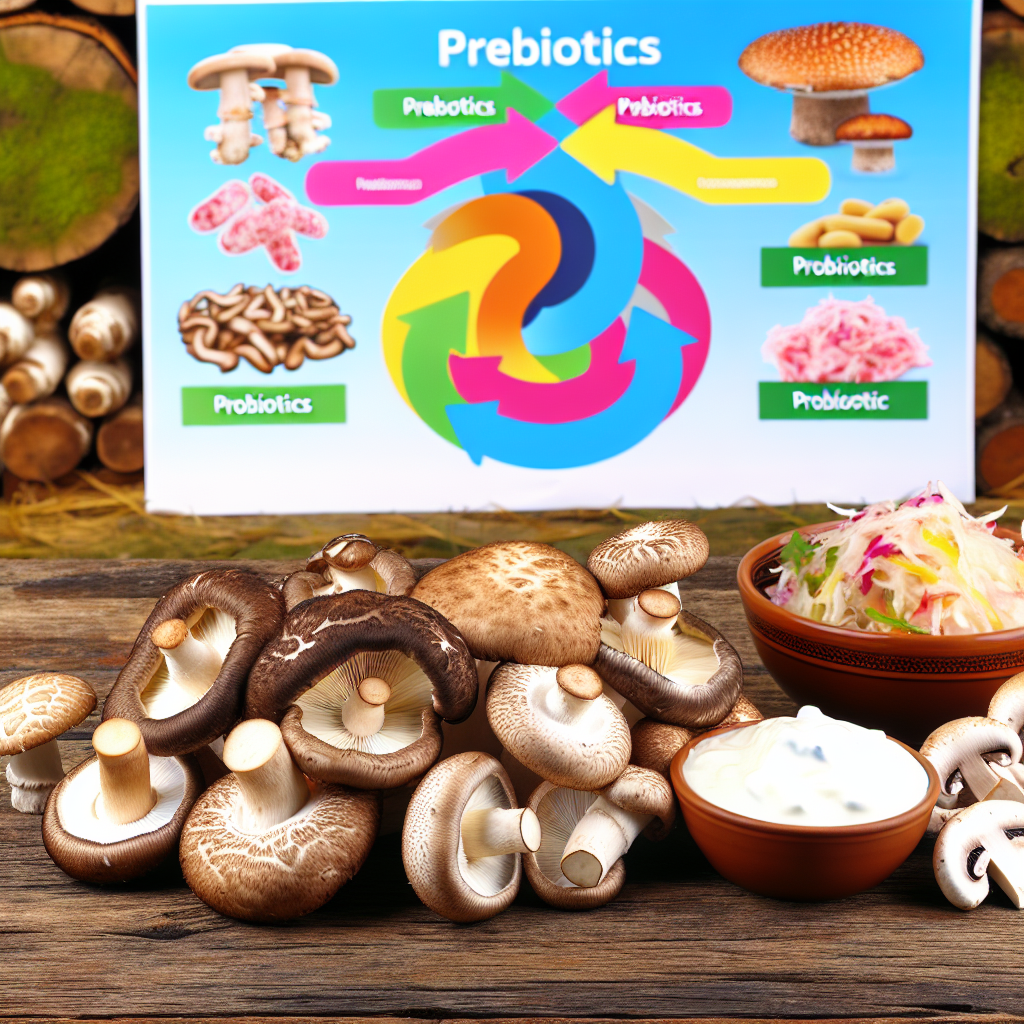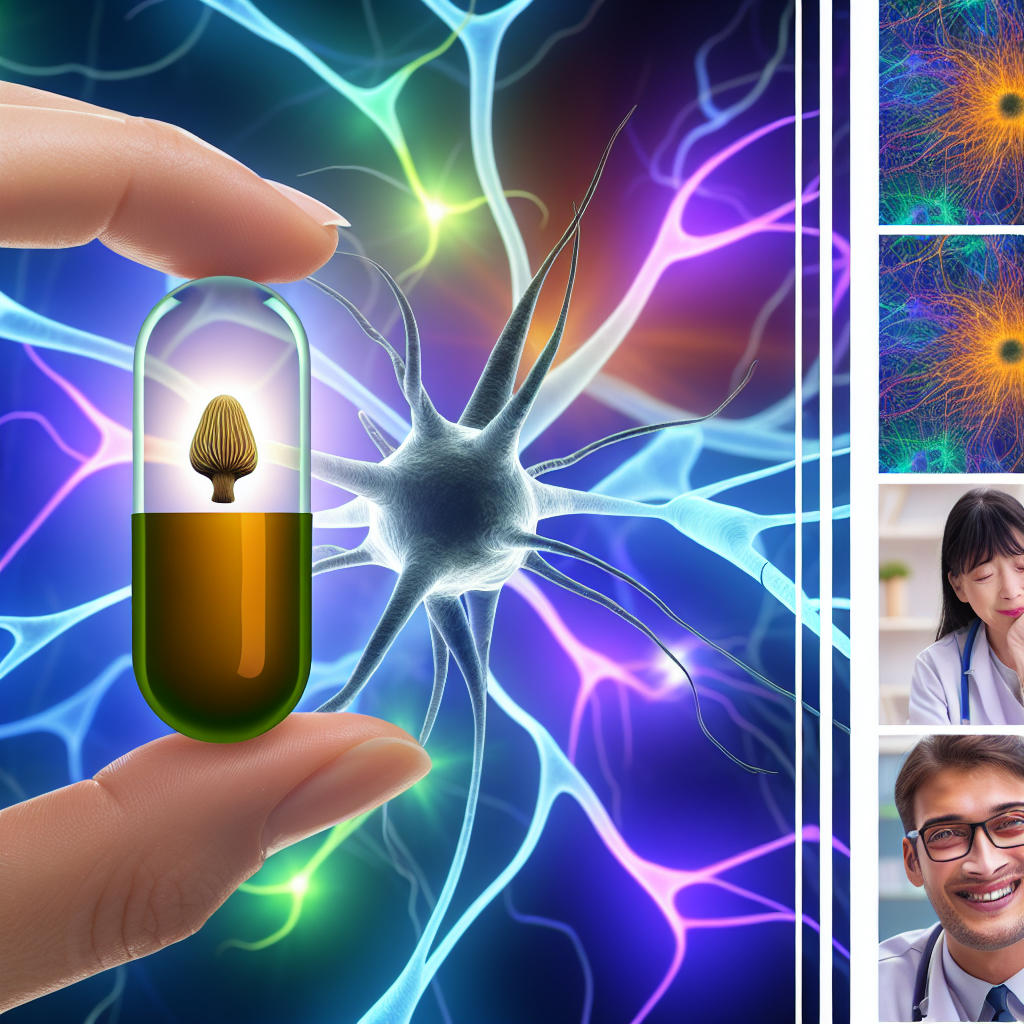Mushroom Medicine: Integration with Traditional Treatments
Introduction
In recent years, medicinal mushrooms have gained traction in the healthcare industry, captivating the attention of researchers, holistic health practitioners, and patients seeking natural alternatives to conventional treatments. As scientific studies explore the pharmacological effects of various fungi, a growing body of evidence supports their integration with traditional medical treatments, offering a more holistic approach to healing.
Mushrooms have been used for centuries in traditional Chinese medicine and other ancient healing practices. Species such as Ganoderma lucidum (Reishi), Lentinula edodes (Shiitake), Grifola frondosa (Maitake), Cordyceps sinensis, and Psilocybe species have shown remarkable therapeutic properties. These include boosting the immune system, reducing inflammation, and even exhibiting potential anticancer effects. Psilocybin, the active compound in psychedelic mushrooms, has shown promise for mental health treatment, further expanding the scope of integration between mycology and modern medicine.
Despite their long-standing history of use, medicinal mushrooms were often dismissed by conventional medicine due to a lack of substantial clinical evidence. This perception is rapidly changing as contemporary research highlights their bioactive compounds, including beta-glucans, polysaccharides, terpenoids, and alkaloids, which possess significant medicinal properties. Scientists and practitioners are now exploring how these natural substances can complement pharmaceutical treatments for conditions such as cancer, depression, anxiety, autoimmune diseases, and even neurodegenerative disorders.
One of the most promising aspects of integrating mushrooms with traditional treatments is their ability to mitigate side effects of conventional therapies. Cancer patients undergoing chemotherapy, for instance, often experience debilitating side effects such as fatigue, immune suppression, and nausea. Certain mushrooms, like Reishi and Turkey Tail (Trametes versicolor), have demonstrated immune-boosting and anti-inflammatory properties that may help patients tolerate these treatments more effectively. Meanwhile, psilocybin-assisted therapy is being researched for its ability to reduce treatment-resistant depression and anxiety, especially in terminally ill patients.
While the integration of mushroom medicine into conventional treatment protocols is still in its early stages, the convergence of modern science with traditional wisdom is opening new doors for a more comprehensive, patient-centered approach to healthcare. This article examines some of the most compelling professional studies supporting the efficacy of medicinal mushrooms and their role in integrative medicine.
Featured Medical Research on Medicinal Mushrooms
Numerous studies have provided substantial evidence supporting the therapeutic benefits of medicinal mushrooms when used alongside conventional treatments. Below are some groundbreaking scientific findings that highlight their potential applications in modern medicine.
Cancer Therapy and Immune Support: Strengthening the Body’s Natural Defenses
A study published in Integrative Cancer Therapies (2019) found that Turkey Tail mushrooms contain polysaccharopeptides (PSP) and polysaccharopeptin-K (PSK), which stimulate the immune system and may enhance the efficacy of conventional cancer treatments such as chemotherapy and radiation. These compounds support immune function by increasing natural killer (NK) cell activity and cytokine production, which contribute to the body’s ability to fight cancer cells.
Additionally, a clinical trial in Japan demonstrated that cancer patients receiving PSK as an adjunct to chemotherapy had significantly improved survival rates compared to those who received chemotherapy alone.
Psilocybin and Mental Health Treatment: A New Frontier for Depression and Anxiety
One of the most exciting developments in mushroom medicine is the resurgence of research on psilocybin for treating mental health disorders. A groundbreaking study published in JAMA Psychiatry (2020) found that psilocybin-assisted therapy significantly reduced symptoms of major depressive disorder (MDD) in participants, with long-lasting effects observed after just two sessions.
Another research study from The New England Journal of Medicine (2021) compared psilocybin therapy to standard antidepressants and found that psilocybin produced faster and more sustained improvements in depression scores than selective serotonin reuptake inhibitors (SSRIs).
These studies suggest that psilocybin, when used under medical supervision, has the potential to revolutionize mental health treatments, especially for individuals with treatment-resistant depression and anxiety disorders.
Cognitive Protection and Neurodegeneration: How Lion’s Mane Supports Brain Health
Lion’s Mane (Hericium erinaceus) is another medicinal mushroom gaining attention for its neuroprotective effects. Research published in International Journal of Molecular Sciences (2021) found that Lion’s Mane contains hericenones and erinacines, compounds that stimulate nerve growth factor (NGF) production. These compounds promote nerve cell regeneration and may help prevent cognitive decline associated with Alzheimer’s and Parkinson’s diseases.
In a 16-week clinical trial involving elderly participants with mild cognitive impairment (MCI), individuals who consumed Lion’s Mane extract showed significant improvements in cognitive function compared to the placebo group.
Energy and Physical Performance Enhancement: Boosting Stamina with Cordyceps
Cordyceps, known for its energy-boosting properties, has been shown to enhance aerobic performance and increase ATP production. A 2016 study published in High Altitude Medicine & Biology demonstrated that Cordyceps supplementation improved exercise performance and oxygen utilization in healthy individuals, making it a potential natural remedy for fatigue and endurance training.
Furthermore, Cordyceps has been traditionally used to combat chronic fatigue syndrome and age-related energy decline, suggesting its value as a supportive therapy for individuals undergoing physically demanding treatments.
Conclusion: Embracing the Future of Integrative Medicine
Traditional medicine and modern science are converging to unlock the full potential of medicinal mushrooms in healthcare. Whether used alongside cancer therapies to boost immune function, as a novel treatment for depression through psilocybin-assisted therapy, or to enhance cognitive resilience with Lion’s Mane, these natural remedies offer promising adjunctive benefits. While more research is needed, the integration of mushroom medicine with conventional treatments represents a paradigm shift toward a more holistic, patient-centric approach to healing. As the scientific community continues to validate their efficacy, medicinal mushrooms may become a key component in the evolving landscape of integrative medicine.
Summary:
Medicinal mushrooms have gained significant attention in the healthcare industry, with a growing body of evidence supporting their integration with traditional medical treatments. These natural remedies offer a more holistic approach to healing, with species like Reishi, Shiitake, and Cordyceps exhibiting therapeutic properties that can complement conventional therapies for conditions such as cancer, mental health disorders, and cognitive decline. As the convergence of modern science and traditional wisdom continues, the integration of mushroom medicine into integrative healthcare protocols represents a promising shift towards a more comprehensive, patient-centered approach to wellness.

Dominic E. is a passionate filmmaker navigating the exciting intersection of art and science. By day, he delves into the complexities of the human body as a full-time medical writer, meticulously translating intricate medical concepts into accessible and engaging narratives. By night, he explores the boundless realm of cinematic storytelling, crafting narratives that evoke emotion and challenge perspectives. Film Student and Full-time Medical Writer for ContentVendor.com




